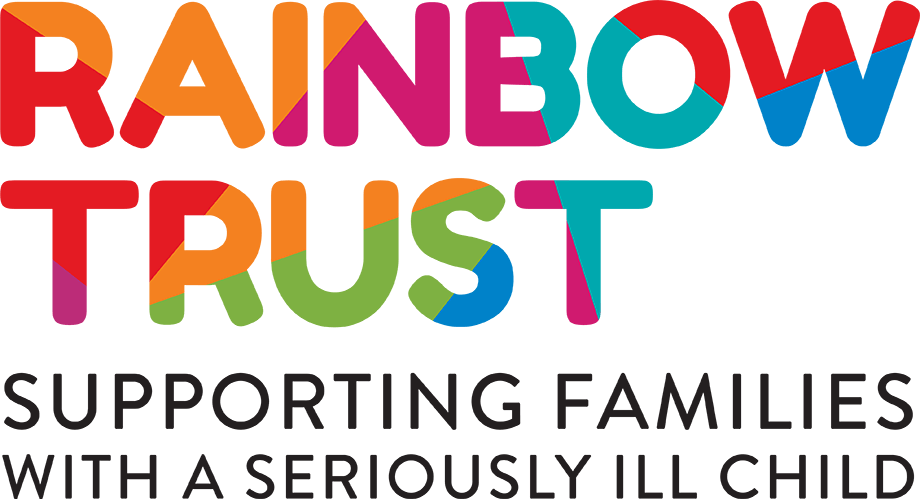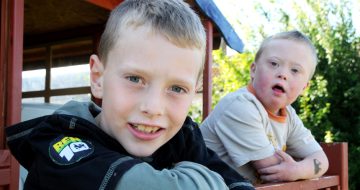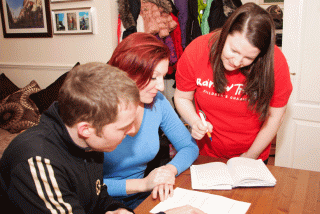Date published: 26 October 2015 by Anna Jackson
‘The best place to cry is in the bathroom and the worst bit of all is the obligation to be nice!’
These were the words a teenage girl said to me as she tried to cope when her younger sister was seriously ill. She felt that nobody really understood how she was feeling or was interested enough in her to find out. She said, you can cry in the bathroom, if you come out with a wet face nobody thinks it’s odd, she also hated the fact that suddenly she had to be nice to her sister (they had a very normal sibling relationship leading up to her sister’s diagnosis – sometimes they got on, sometimes they didn’t) and that she had become responsible for all of the household chores. She was also very concerned that her parents shouldn’t find out how she felt as she didn’t want them to worry about her as well as her sister.
This illustrates the importance of sibling support for families with a child with a life threatening or terminal illness.
That experience, for me, really highlighted the need for bespoke support for brothers and sisters. So much professional support is concentrated on the sick child or young person and their parents, that all too often, through nobody’s fault, the siblings get left out and can struggle to cope with the changes to their family life, their own worries about their sibling and the usual every day pressure they are under. Brothers and sisters are very clear about what they would like their parents to know – you can read about these in my last blog post. I also mention in this post about the needs of younger children too.
At Rainbow Trust, we recognise the importance of addressing these needs and delivering a service that meets the needs of all family members in an individual and confidential manner. With the support of the Big Lottery Fund we have developed two specialist Sibling Support Worker posts to pilot this as an area of focus for us. These posts have developed in slightly different ways to meet local need. A flexible service is at the heart of what we do so it is not a surprise that this has been the case.
However, both have focused on time specifically for siblings, offering fun days out and activities alongside more ‘therapeutic’ group work allowing siblings a safe space to explore their feelings and air concerns. The groups are closed and time limited, this allows for some friendships to develop but not for children to become dependent on them. The use of an ‘ask-it basket’ has proved very popular; this allows children to place a question into the basket anonymously and then the answer, where possible, will be given to the whole group.
Having recognised the need and seen the benefits that individual support can bring to children, we plan to roll out a model of sibling support throughout all of our teams. Since Rainbow Trust began in 1986 we have always operated elements of sibling support and this allows us to further develop using an evaluated, evidenced based model.
We plan to replicate elements of the specialist worker activity in all teams. In an ideal world we would have the resources to recruit these much-needed bespoke workers for every care team - we do not have that luxury but are clear that support should be available to every child that requires it.
We believe that supporting siblings makes a difference to the way in which they manage the experience of having a sick brother or sister and allows them to feel a part of what is going on while also allowing them the time to be their own person.
The best accolades always come from children – one boy said to the sibling support worker
“what – you are really just for me – wow that’s awesome!”


